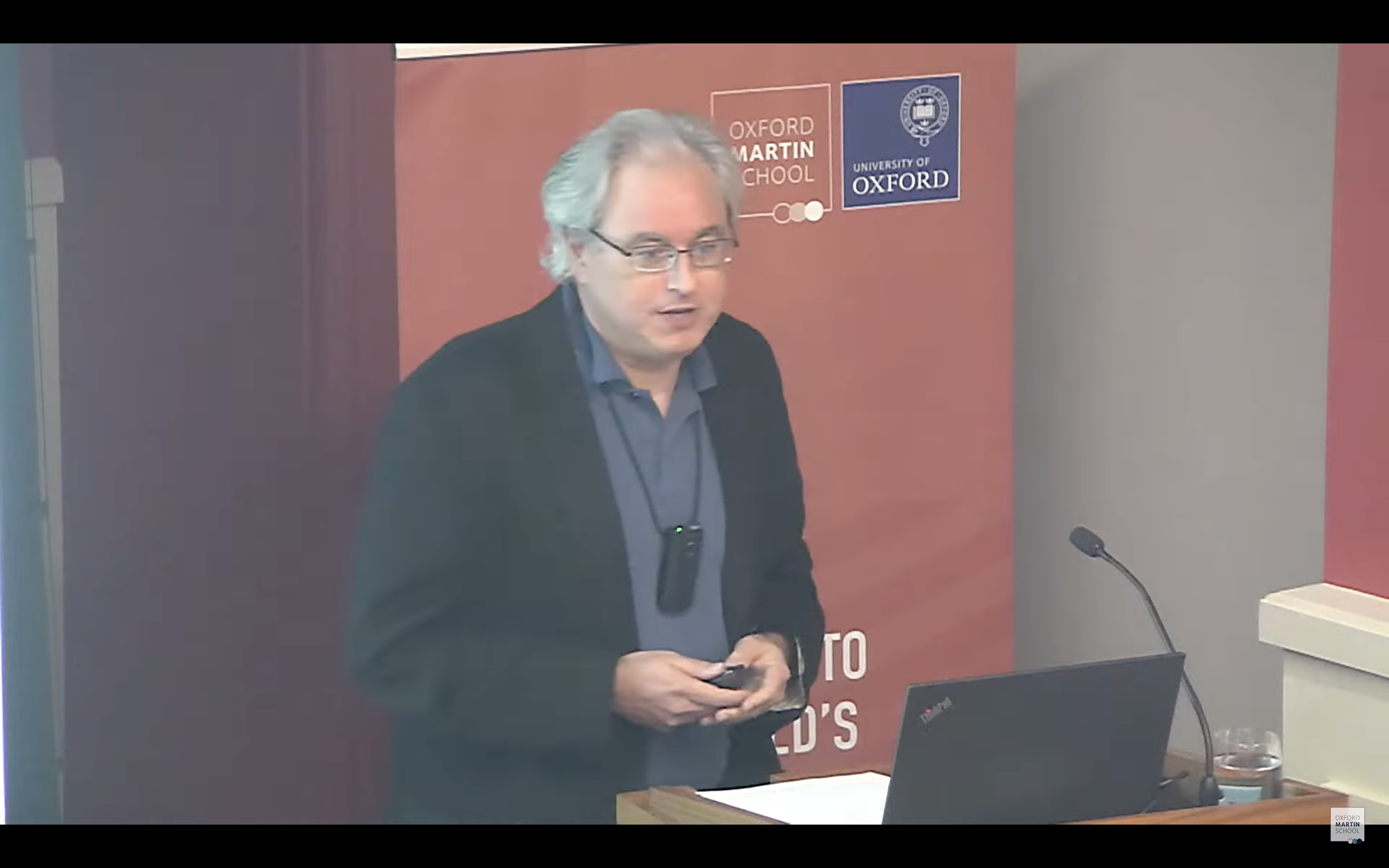Kennedy School economist George Borjas today ridicules Mexico's President Calderón for affirming a person's "right to work wherever one can make the greatest contribution." Borjas says that the hapless president listens too much to his "disingenuous" staff and has unjustifiably "invented a new 'right.'""One could easily argue about why it is that only those who want to migrate have 'rights,' " writes Borjas. "After all, maybe those who are in the receiving areas also have rights to decide what the receiving area should be like."It is not helpful to set the migration discussion in terms of opposing "rights." Once one starts down that road, one quickly confronts the fact that the vast majority of people "in the receiving areas" got here by being born here, not through any merit whatsoever—myself included. And in this case, "deciding what the receiving area should be like" means actively ensuring that the vast majority of the extremely high-paying jobs in this country should be available only to ourselves and others who happened to win the birth lottery. Who exactly decided that we have that "right?" Flatly asserting that we have a "right" to average incomes eight times the developing countries' average does not mean that we indeed have that right, but only that Borjas and others enjoy asserting that we do.At the same time, it is equally unhelpful to say that everyone on earth has a 'right' to a job in the United States, since it would be impossible for all who held such a right to instantly exercise it, and speaking of impossible rights is dead palaver. Instead of staunch but empty assertions that we have a 'right' to be richer than everyone else or that everyone else has a 'right' to be as rich as we are, it is much more useful to speak of what steps we could take to bring somewhat more opportunity to somewhat more people.Keep the big picture in sight. International movement can bring much more opportunity to others without substantial harm to anyone. The population of the United States in 1900 was around 75 million. That was a time of intense concern about immigration: A New York Times headline on April 15th of that year warned of an unprecedented "army" of immigrants at our doorstep. Then, the fraction of our population that was foreign-born was much higher than today. The Census of 1890 had officially declared that the frontier no longer existed, and many felt that the country was simply full.Imagine going back in time and telling the American public that, over the course of the 20th century, roughly 60 million more people were going to come and stay—that is, 80% of the population at the time, in new immigrants—plus tens of millions more who came for a while and did not stay. People would have been terrified of what that would mean to the privileged position in the world they enjoyed. Yet that's precisely what happened, and here we are today: the richest nation on earth, in the history of the earth. In the rush of paying bills it is easy to forget the enormous opulence we enjoy. All those tens of millions of immigrants have not sapped our strength; America is better than that. Rather, they have been part of that strength.Whether I or others have a "right" to have been born here is a useless question. The more interesting question is whether or not there are ways to continue America's proud tradition of giving enormous opportunity to large numbers of people who aren't here now, without doing serious harm to ourselves. History shows conclusively that there are.
CGD blog posts reflect the views of the authors, drawing on prior research and experience in their areas of expertise.
CGD is a nonpartisan, independent organization and does not take institutional positions.





